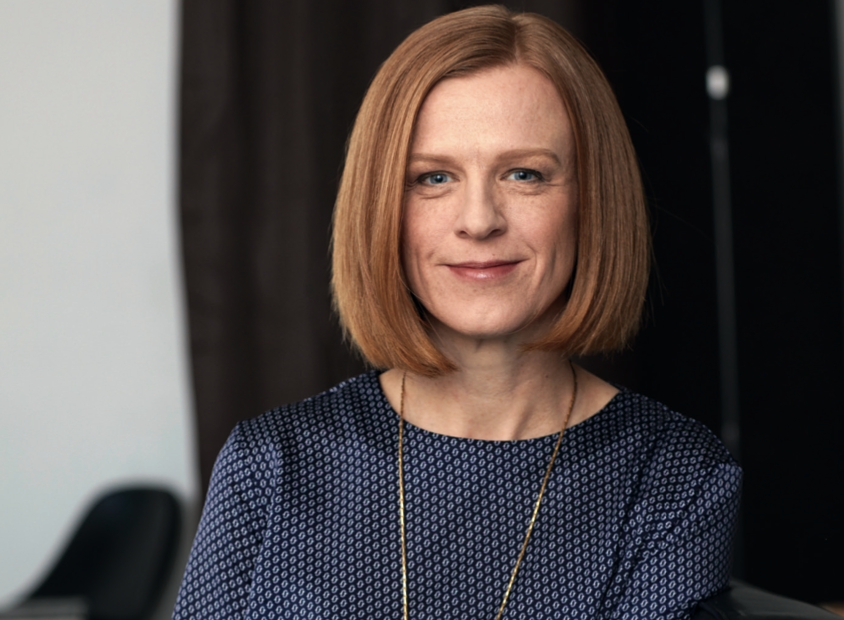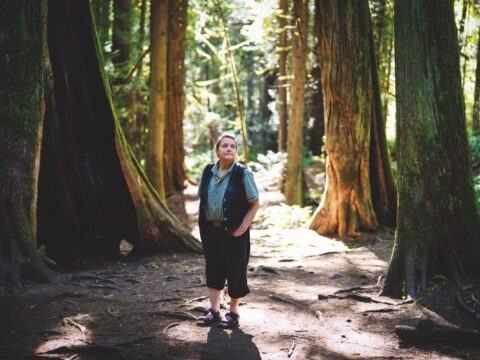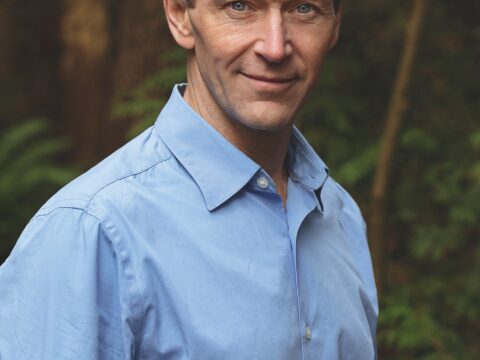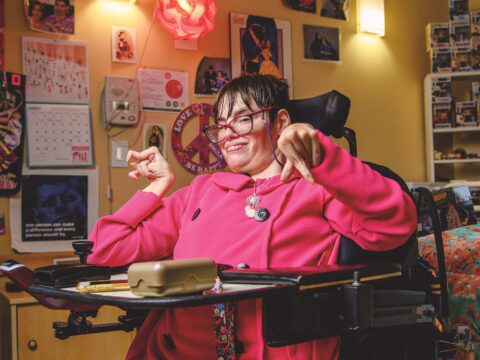I have often told my son there’s a solution to every problem. This usually inspires him to conjure up scenarios to stump this proposition. (“What about sharks eating fish?” “That’s not really a problem.” “It’s a problem for the fish, and you can’t solve it!”) Absurdities aside, I persist in trying to foster the notion that most real-world issues can be resolved. Maybe not easily or without cost, but where there’s a will, as they say.
Around this time last year, Ziya Jones invited Broadview’s editorial staff to participate in a workshop on solutions journalism. Jones was a program trainer at Journalists for Human Rights, and the workshop was developed in partnership with the Solutions Journalism Network.
Solutions journalism is about encouraging journalists not only to investigate the problems of the world, but also to report on the individuals and organizations tackling these issues. I was skeptical at first. Would this approach result in puff pieces that gloss over the hard facts? At our workshop, Jones set my mind at ease.
More on Broadview:
- This former residential school is now a centre for reconciliation
- Markham, Ont., vaccine initiative shows what happens when tech and faith team up
- ‘The Beachcombers’ town is now famous for fighting climate change
We learned that solutions journalism is about reporting both the difficult truths and the solutions. Not every story has to be solutions-oriented — some problems don’t have individuals or groups working on them yet. And solutions journalism isn’t about advocating for any particular solution; it simply covers what’s being done in response.
More than that, Jones says that rigorously reporting on solutions can “improve reader engagement, bolster trust with sources, lead to more compelling and nuanced coverage, and empower communities to demand positive social change.” This fits snuggly with Broadview’s mission. I was won over.
After the workshop, Journalists for Human Rights gave Broadview a $2,500 grant to help fund our work in this area. When I look back on 2021, one of the things I’m most proud of is that Broadview now has five articles posted in the Solutions Story Tracker, a database of pieces that meet the solutions journalism criteria. I’ve also noticed that Jones’s workshop has shifted our editorial psyche. At meetings where we develop story ideas, we often ask: “Who is trying to solve this? What are the solutions?”
While not every Broadview story will be told entirely through a solutions lens, we are working hard to include solutions elements in more of our articles. For example, two pieces in this issue — “Curbing Our Consumerism” and “I Didn’t Get to Make a Choice” — offer ways to empower social change while presenting issues facing our society.
Because ultimately, there probably is at least one solution to every problem. Or — given the wild imaginings of a nine-year-old boy — almost every problem.
***
Jocelyn Bell is the editor and publisher of Broadview. This editorial first appeared in Broadview’s December 2021 issue with the title “Finding a solution.”















Why Solutions Journalism: The challenge to include this in Broadview evokes reflections by Scott M. Peck in “ Problems and Pain” from his book “ The Road Less Travelled”. He states:
1) Problems evoke in us frustration, anger, fear, anxiety, anguish or despair.
2)It is this whole process of meeting and solving problems that life has its meaning.
3) Problems call forth our courage and our wisdom.
4) It’s through the pain of confronting and resolving problems that we learn.
5) Fearing the pain, we attempt to skirt around problems rather than meet them head on.
6) When we avoid the legitimate suffering that results from dealing with problems, we also avoid the growth that problems demand from us.
7) Discipline is what we require to solve life’s problems.
8) No problem can be solved until an individual assumes the responsibility for solving it.
May Broadview be guided in successfully exploring a “Solutions approach” in some of its future articles.
Broadview I hope your approach to solutions based journalism includes more critical reporting on both sides of your frequent issues that you feature. For instance you never report on the substantial support of First Nation communities for the development of our natural resources- oil and gas. I have never seen any reporting on the tragedy of ending the life of preborn in utero children though you have celebrated the pro-choice movment including show casing clergy who support abortion. You have featured Greta Thunberg’s climate hysteria but not Bjorn Lomburg’s writing on practical solutions to mitigate it. You have supported the BLM (inc) and ignored ignored the violence and the racist ideology at its core. of it.